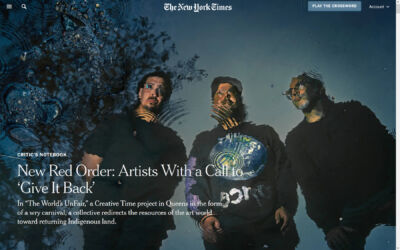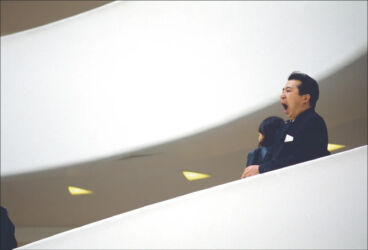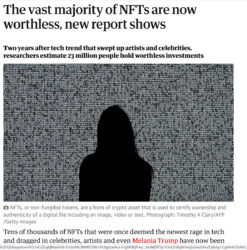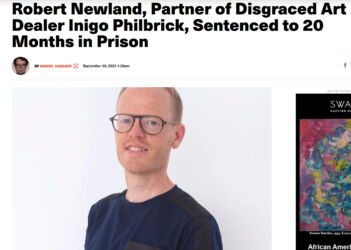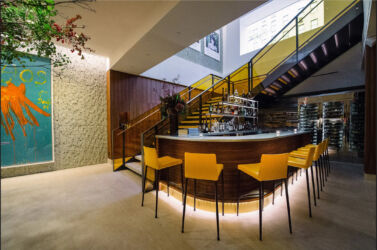Camilla Taylor, Los Angeles artist, and curator of “My House Burned Down” (at Track16 Gallery), talks about:
Her childhood with complicated religious origins, between her Mormon LDS father and her mother who branched off to start her own organization (some might say ‘cult,’ per Camilla), and how art, for her and many artists, can often fit the functions that people are often looking for in religions (including being part of something bigger than themselves); how she’s really good at compartmentalizing, seeing difficult experiences from her life as existing in rooms in a house, where she can shut the door to any given room; the epic story of experiencing her house burning down in the Eaton Fire in Altadena– from her 16-hour drive home from the Sitka Center residency in Oregon, to seeing it when she approached her part of the San Gabriel Valley, to arriving home and having the wind lift her off her feet, to their belated evacuation; and subsequently how she found out her and her partner’s house, and her studio, had burned down, and that that process of mourning has been like; how trauma has manifested from losing her home and studio, and the range of reactions she’s received, including a lot of suggestions that are tone-deaf; what insurance will cover, and the studio spaces she’s been loaned/gifted for now, putting off the need for having to rent a studio for the first time (since studios have always been attached to her living spaces).
This podcast relies on listener support; please consider becoming a Patreon supporter of the podcast, for as little as $1/month, here: https://www.patreon.com/theconversationpod
In the 2nd/Patreon Bonus half of the conversation, Camilla talks about:
How, because of her visibility as an artist, she’s been more fortunate than many others who lost homes/studios in the fire by receiving a range of resources that artists less visible have not; the lawsuits against Southern California Edison, who allegedly started the Eaton fire; the group show she curated, ‘My House Burned Down,’ at Track 16 Gallery, which included four artists who lost their homes in the Eaton fire, and four artists who lost their homes in prior fires, and how the show addressed a commonality in losing one’s home as an artist, with an extra emphasis on materiality; how while she doesn’t know what the right reaction is, when people learn that her house (and studio) burned down in a fire, she knows that the reaction that she’s going to rise above it, like the phoenix from the ashes, is absolutely not the reaction to have, because it’s hurtful especially in its negating of what happened to her; and we have an extensive exchange about what I have long referred to as “the P-word,” as in ‘practice, as in ‘my art practice, a word Camilla also hates, and she talks about why language has become so important in art/the art world, including her take that artists overcompensate in art because, essentially, we/art is so unimportant to everyone else; and Camilla shares her favorite and least favorite art-speak words; and how in her teaching she’s honest with students about how their work affects her, as opposed to making art historical comparisons.












